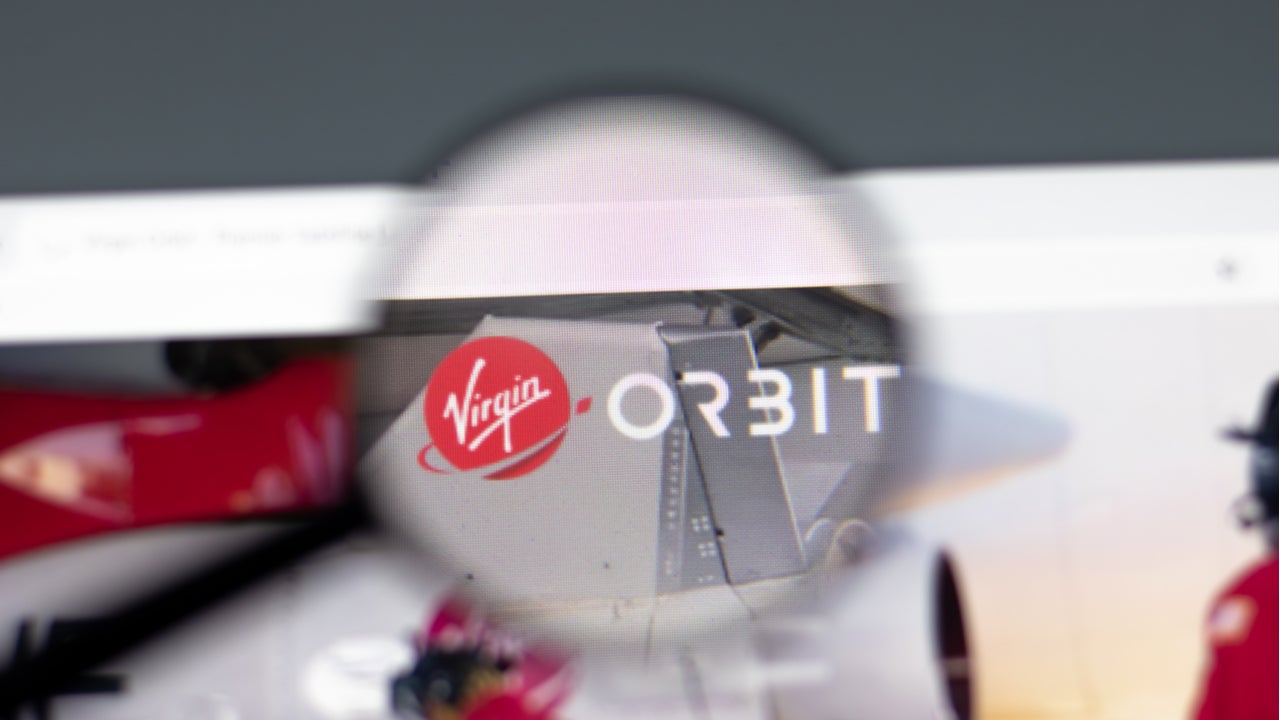
Richard Branson took a long-expected step forward in his bid to build a new “space solutions” business, spinning out his satellite launch company Virgin Orbit into a SPAC that will generate $483 million in funding. That investment will be sorely needed, to prove both that its innovative launch technology can scale, and that there are customers out there willing to pay for Virgin Orbit’s services.
The SPAC announcement came on the heels of a number of successful deployments of Virgin Orbit’s unique “LauncherOne” air launch technology. Virgin Orbit uses a customized 747 aircraft as a mobile launch site and mission control center, launching rockets at 35,000 feet. According to the company, this method achieves a significant performance advantage over traditional ground launches and greatly reduces local carbon emissions and acoustic impacts.
Because of the mobility inherent in its launch approach, Virgin Orbit has been targeting its services to countries that have space agencies and satellite industries but no domestic launch capability. The company claims contracts with both UK and Brazil sovereign entities and has announced a launch site in Japan in addition to multiple U.S. locations. Virgin Orbit successfully launched satellites for NASA in January 2021, followed by a launch for commercial and national security customers in June 2021.
SPAC could help Virgin Orbit rocket manufacture
Virgin Orbit plans to use proceeds from the SPAC transaction to continue to develop its rocket manufacturing capabilities, but it will also have much work to do to establish a new suite of “satellites-as-a-service” offerings – a category that until now did not exist. Virgin Orbit is working with a host of partners to build a market for earth observation and Internet of Things (IoT) applications, citing ship management, aircraft, pipeline monitoring, and intelligent agriculture as early targets.
The company has identified a number of strategic partners to help develop and sell its space solution offerings. Partners specifically identified thus far – such as ArQit, HyperSat, BigBear.ai, and Redwire – appear relatively obscure, indicating Virgin Orbit may need to look to other, bigger name partners to help grow the space solutions market.
Virgin Orbit will also need to explain to potential IoT customers why its satellite-based services are superior to terrestrial systems networks that already exist and are seeing steady improvement in throughput, latency, and cost to deploy.
How well do you really know your competitors?
Access the most comprehensive Company Profiles on the market, powered by GlobalData. Save hours of research. Gain competitive edge.

Thank you!
Your download email will arrive shortly
Not ready to buy yet? Download a free sample
We are confident about the unique quality of our Company Profiles. However, we want you to make the most beneficial decision for your business, so we offer a free sample that you can download by submitting the below form
By GlobalDataThe transaction, which values Virgin Orbit at approximately $3.2 billion, is expected to close around the end of the year.





